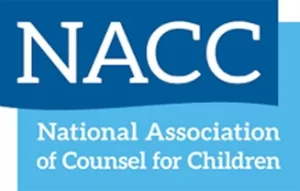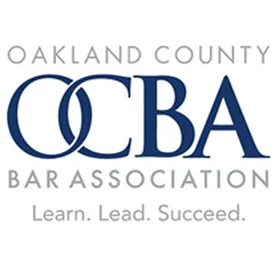
The way to seek reinstatement of your parental rights depends on the circumstances in which they were lost. There is one crucial element in common: you have to move quickly. You will have less than a month to make a legal challenge. In a painful and delicate situation like this, it is essential to have a Michigan attorney that understands family law.
Parents in Michigan can undergo termination of parental rights (TPR) in the following situations:
- A parent voluntarily terminates their rights, or
- A petition is filed for involuntary TPR after the child has come under the court’s jurisdiction.
Involuntary Termination of Parental Rights
The state will file a petition for TPR right away under “aggravating circumstances”—when a parent or adult in the household committed any of several serious offenses against the child or a child’s sibling. These include abandonment, murder, attempted murder, criminal sexual conduct, or severe physical abuse. The state may also move immediately if the child is at risk and the parent has already lost their parental rights to another of their children.

If there are no aggravating circumstances, the Michigan Department of Health and Human Services (MDHHS) is required to attempt reunification unless the child would be at risk. However, an interested party or concerned person may petitin for TPR if reunification is unsuccessful, and the court will hold a hearing. After reviewing the facts, the court will grant the petition for TPR if they find that the parent is responsible for any one of a number of listed offenses or situations, including:
- The parent has deserted the child for 91 days or more
- The parent has failed to provide proper care or custody for the child, and there is no reasonable expectation that they will be able to
- The parent abused the child or a sibling of the child, and there is a reasonable likelihood of further abuse
- The parent failed to prevent the child’s or a sibling’s abuse by another adult, and there is a reasonable likelihood of further abuse by this person
- The parent will be incarcerated for a period of two or more years and has not provided for the child’s care, nor can they be expected to
The court must also decide that TPR is “in the best interests of the child” before issuing the order.
The terminated parent has the right to appeal, but they must do so within 20 days of the ruling. Those who cannot afford an attorney may request one within 14 days, and the trial judge will arrange for counsel. The appeals process is your last chance under Michigan law, and you should seek the aid of counsel with defense experience in the Michigan juvenile court system.
How Can an Attorney Challenge TPR?
To appeal a TPR case, the attorney must review the TPR order and challenge it on one or both of these grounds:
- The TPR or petition hearing was not procedurally correct
- The court’s decision was “clearly erroneous”
Everyone who goes to court is entitled to due process of law, and the court procedures are intended to guarantee that. Your due process rights were infringed if a hearing or petition for TPR broke the rules in a way that made it unfair to you. For example, incarcerated parents have a right to notice and a chance to appear by telephone at a hearing, and if they do not get it, they did not receive due process of law. MDHHS may have had an obligation to provide reunification services that you did not receive, or it may have failed to accommodate your disabilities. If you were denied a chance to complete a court-structured plan for reunification, you can argue that the hearing was untimely. An attorney will be able to determine what kinds of grounds you may have for a procedural challenge.

When the facts are on your side, an attorney may be able to demonstrate that your parental rights were terminated on false grounds. If, for example, you did not abandon your child or you did not abuse them, but the court finds that you did, you can challenge the ruling on the grounds that the findings of fact were clearly erroneous. You can also challenge the court’s “best interests” analysis if you can show that the decision was not in the best interests of the child. To do this, you must make the appeals court “definitely and firmly convinced that [the lower court] made a mistake.”
In one sad case, a court terminated a father’s rights over a three-year-old’s answers to a few leading questions from a hostile relative, which later led to allegations of sexual abuse. The Michigan Supreme Court later overturned that ruling (In re Curry). If you are in a similar situation, a defense attorney can review the facts of your case and present the best possible argument that the lower court was mistaken.
Our family law attorneys are experienced in handling cases of false allegations of child abuse and sexual abuse. Parents in situations like these often face shame and stigma, and we believe you deserve compassionate, understanding advocates. Call Kirsch Daskas Law Group, PLLC today at 248-792-3060 to schedule an appointment, and let us know about the urgency of your case.










